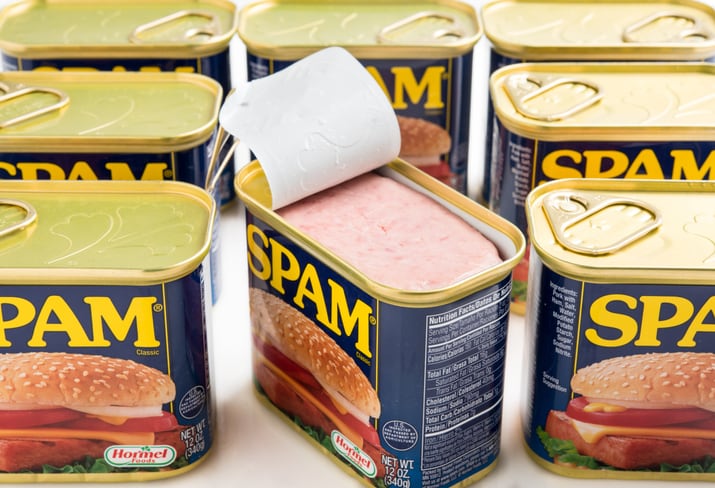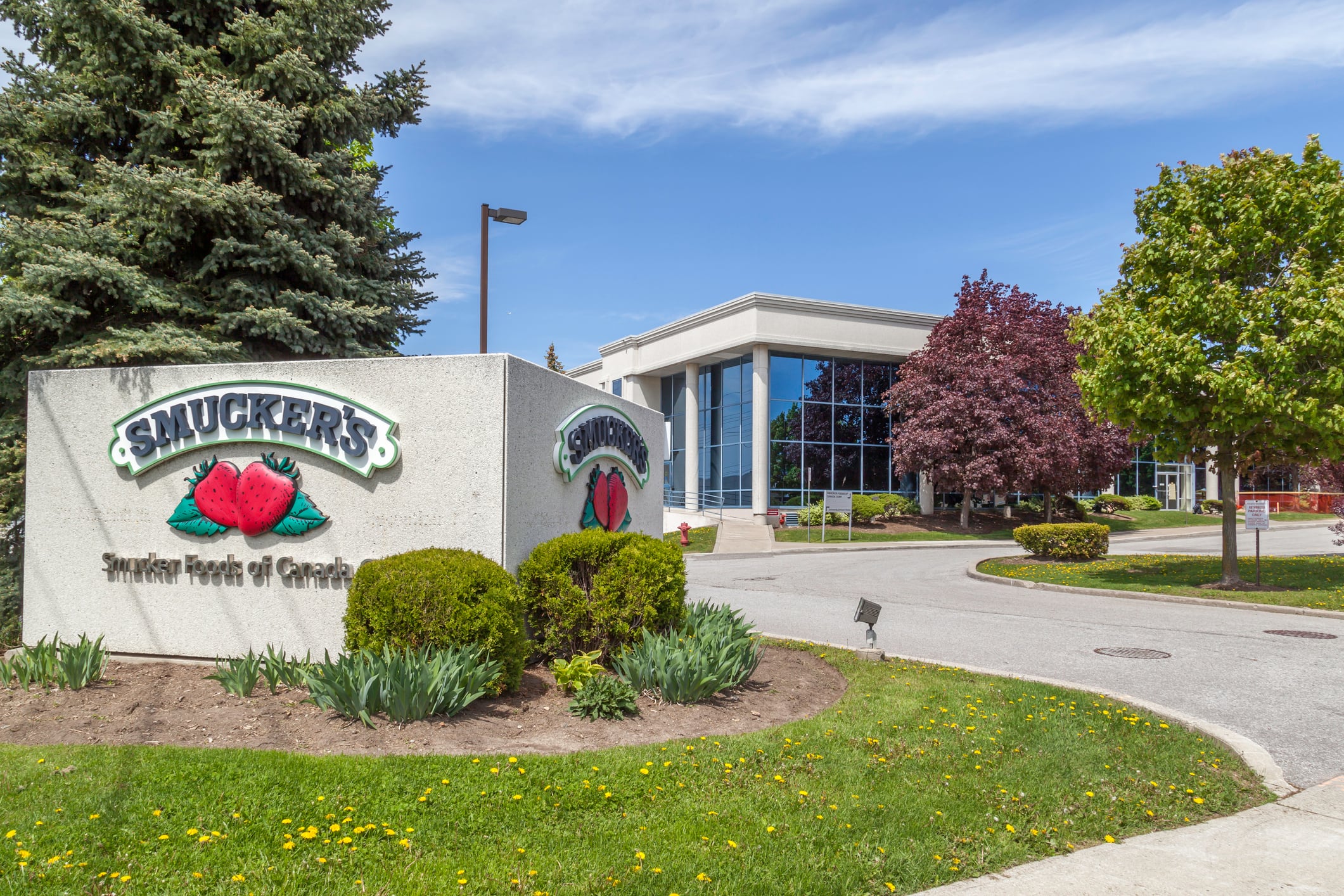Hormel Foods reported a disappointing third quarter Thursday and announced plans to raise prices on some of its products to help contend with rising commodities costs.
The Austin, Minn.-based manufacturer of more than 40 brands, including Skippy, SPAM, Corn Nuts and Applegate, said the inflationary headwinds stemmed largely from pork, beef and nut prices.
“As we noted during our second quarter call, we anticipated upward pressure on input costs, driven by pork, beef and nut markets,” said Hormel Executive Vice President and Chief Financial Officer Jacinth Smiley. “However, during the third quarter, markets worsened significantly beyond our projections. To illustrate the order of magnitude of these external markets, as compared to last year, pork bellies were up approximately 30%.”
The increase in costs collectively resulted in a 400-basis-point increase in raw materials costs, Smiley said.
Hormel reported net sales of $3.03 billion for the quarter, beating analyst estimates of $2.98 billion, but the company’s adjusted earnings of 35 cents per share lagged the consensus estimate of 41 cents per share, causing its stock value to plummet by more than 13% to $25.22 per share.
“It is clearly disappointing that our top-line results did not translate into the bottom-line growth we expected,” said Interim CEO Jeffrey Ettinger. “The unanticipated surges in commodity input costs that affected our industry absorbed not only the margin delivery from our top line growth, but also our incremental benefits from our (Transform and Modernize) initiative.”
Facility shuttered as part of modernization effort
The 3-year Transform & Modernize effort, launched in 2023, focuses on upgrading its global supply chain with a focus on “production efficiency, inventory management, capacity utilization and cost reduction across multiple categories.” Hormel aims to integrate disconnected data systems and implement advanced data processing capabilities through the use of artificial intelligence, the company said in late 2024.
Hormel said Thursday that the modernization initiative includes 90 separate projects and included the partial closure of one facility.
The closure became public on Monday, when Hormel revealed plans to lay off 135 workers at its plant in Tucker, Ga., which manufactures bacon, chili and stew. A Hormel spokesperson said the facility, which employs roughly 400 people, is discontinuing its production of precooked bacon, according to news site Decaturish.
Hormel warns inflationary pressures will persist
Ettinger said Hormel also is “taking targeted pricing actions” in the fourth quarter; although, he added that the company expects “near-term pressures we experienced in the third quarter persisting through the fourth quarter.”
He added the relevance of Hormel’s extensive portfolio contributed to the company’s “strong organic volume and net sales performance across each of our segments.”
“Our earnings results, however, were disappointing, and we fell short of our expectations,” Ettinger said in a press release. “The steep rise in commodity input costs affecting our industry was the largest contributor to our shortfall.”
Raising prices to match costs
Food manufacturers raising prices to contend with inflationary pressures is becoming increasingly common with some of the biggest companies in the industry.
On Tuesday, JM Smucker announced plans to raise coffee prices by about 25% to offset what the company referred to as record-high green coffee bean costs.
Conagra similarly announced in July that its canned food products have taken a big hit due to their exposure to steel and aluminum tariffs, prompting the company to consider targeted price adjustments.
Retailers also are pinched by inflation pressure and considering price hikes to help ease tariff-related cost increases. Walmart announced in May that it might raise prices on food items.
Walmart CEO Doug McMillon said in the company’s first quarter earnings call that the retail giant will “do our best to control what we can control in order to keep food prices as low as possible.”




